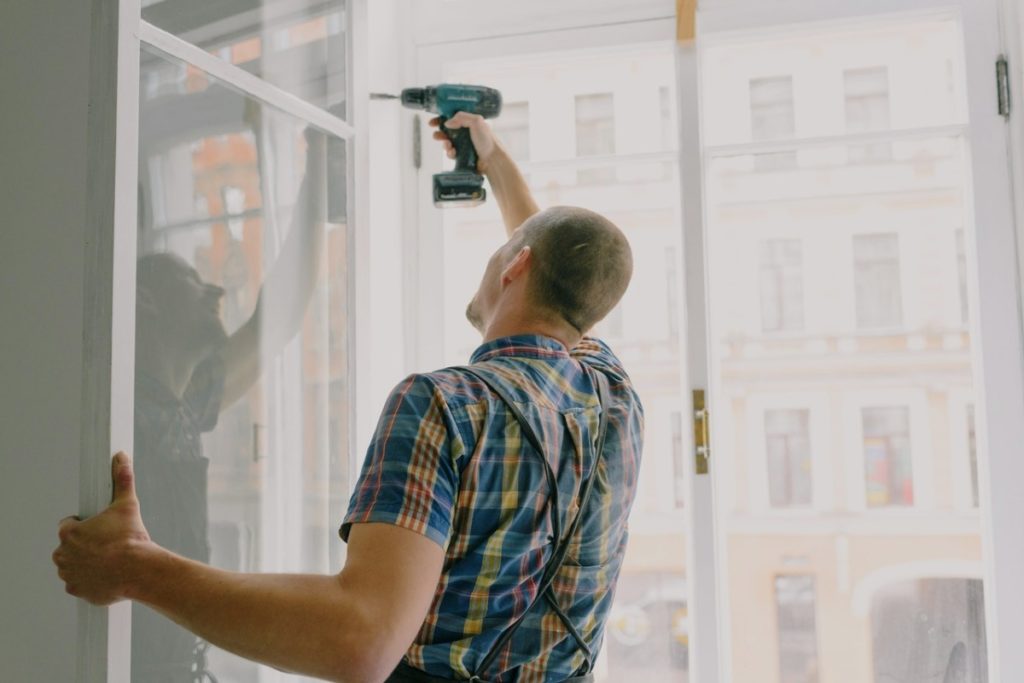If your family is starting to grow, it might be time to add more rooms to your house. This would be a full-fledged addition, not a conversion of existing rooms. While that is possible, your family should have a purpose-built room instead of something fixed up to meet a need. But it is not going to be easy to do an addition. Here are some tips on how to handle it better.
Ensure Proper Planning
Before you break ground or buy any building materials, you should know what you are going to do. It would be a good idea to contact a contractor and architect early. Some general contractor services have architecture and design experts working with them, making it a lot easier. The architect is there, so they can give you an idea of how to do it properly.
For example, a lot of expansion projects make the mistake of tearing down a load-bearing wall. With an architect around, you won’t be making that mistake. The contractor is there to suggest possible construction options and even give you an initial quote. Finally, working on the interior is the job of the designer. You still have to furnish the room after the building process, so you need some help there.
Have A Large Contingency Fund
While the contractor usually gives you a good enough estimate, you will not want to stick with it. The amount that they give is usually the average price. Depending on what happens, the price can go higher or lower. For example, if you have to halt construction, then the cost of labor goes up. The price might go down, but that is not often. To be safe, you should take the numbers that the contractor gave you and add a massive contingency fund to handle emergencies. Aim for double or triple the original amount. When you search or save for funding, you should be hoping to get that amount to have a proper financial cushion.

Schedule It For The Right Time
Major construction projects like a room addition are not easy to do. While they will be mainly doing work outside of your house, the construction workers are still walking around your property. They will also be carrying and using heavy equipment. This might mean noises at a bad time. To endure the construction work noises can be difficult for your family. It would be better if you moved out for some time and check on the work regularly.
If possible, send the children out for summer camp so that you and your partner are the only ones to worry about. Rent a house or some rooms to have a place to stay while work is being done on the room. This ensures that your family is comfortable and out of the way for the worst of the construction process. It shouldn’t take more than a week of heavy work.
Ensure Everything Is Legal
Before the construction starts, you or your contractor should confirm you have all the necessary permits for the construction. It is surprising how many homeowners get this. If you don’t want any delays or legal problems, construction permits are essential. Resolve any issues that prevent you from getting one so that work can begin.
Work With Your Contractor
Your contractor is the driving force behind your home expansion project. If you want them to do their job right, you should be a good client and avoid micromanaging them. It is good that you visit and talk with them during the project, but they are the experts. You should listen to them on the technical details and the work. Most of your concerns should have been ironed out during the planning stage. During the construction, you provide the money and check whether they are on schedule.
Don’t Forget The Interior
Many homeowners focus only on exterior construction. But your contractor should also help with the interior essentials. This includes plumbing and electrical wiring. After that, the contractor’s painters and flooring experts should come in to finish things up. The final touch is the furnishing, and the room would be ready for its occupant to move in.
A major addition to a house can be an intimidating project. But it is a good investment in the future as your family grows. It will make the house feel less cramped. Additionally, it adds value to your home so that it can be more expensive in retail.

